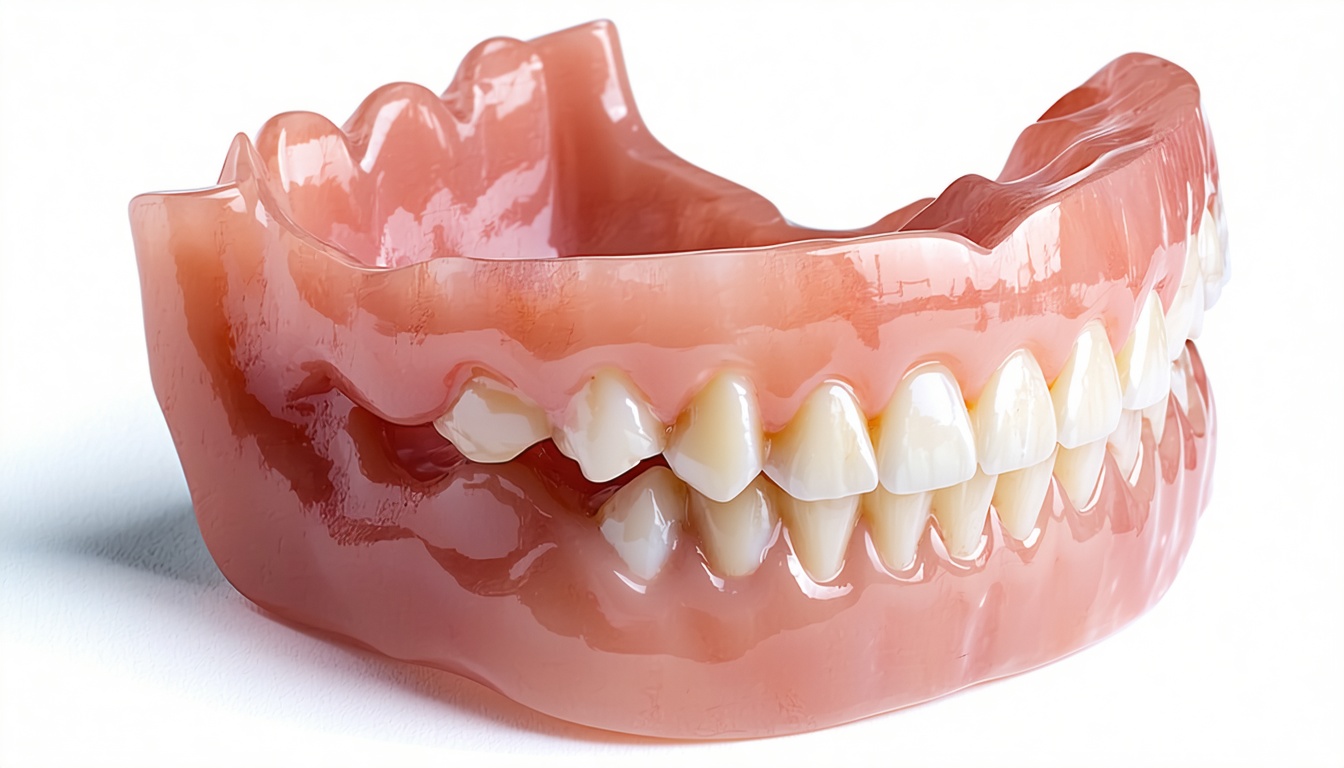
If you’re exploring how to have full dentures covered by Medicaid, you’re taking a vital step toward restoring your smile and oral function. Missing all of your teeth can affect chewing, speech, facial appearance, and overall nutrition. Fortunately, Medicaid offers optional dental benefits in many states that can include full dentures. Understanding how Medicaid handles denture services helps you plan treatment and avoid unexpected expenses.
In this guide you’ll learn about Medicaid’s dental coverage rules, compare different denture options, confirm your eligibility, locate a Medicaid dentist, navigate the treatment process, care for your dentures, and explore additional support resources. With clear, knowledgeable advice, you can make informed decisions and access the comprehensive dental care you need for lasting oral health.
Medicaid dental benefits vary widely by state, especially for adult beneficiaries. Under the Early and Periodic Screening, Diagnostic and Treatment (EPSDT) benefit, dental services are mandatory for enrollees under age 21. After age 21, each state chooses whether to include adult dental coverage and which services to offer. As a result, many states list full dentures as an optional benefit under their Medicaid plan (Center on Budget and Policy Priorities).
When included as an optional benefit, full dentures are typically covered with limits such as:
You can learn more about Medicaid coverage for removable dentures to see how your state handles these benefits.
To confirm the details of your plan:
By understanding these guidelines you can ensure Medicaid will pay for your full dentures rather than face unexpected bills.
Dentures replace missing teeth to restore function, aesthetics, and oral health. Depending on your needs and coverage you can choose from different options.
| Denture type | Description | Pros | Cons |
|---|---|---|---|
| Full dentures | Replace an entire arch of missing teeth, resting on gums and bone ridges (Cleveland Clinic) | Cost-effective, removable, restores facial support | May shift without adhesive, requires removal daily |
| Partial dentures | Fit around remaining teeth using metal clasps or attachments (Gentle Touch Dentistry) | Preserves adjacent teeth, less bulky | Can damage natural teeth, visible clasps |
| Immediate dentures | Worn right after tooth extraction; can be temporary or final (Cleveland Clinic) | No toothless period, immediate restoration | Frequent adjustments needed, initial discomfort |
| Implant-retained dentures | Snap onto dental implants for extra stability (Cleveland Clinic) | Secure fit, improved chewing, no adhesive | Higher cost, surgery required |
For a side-by-side comparison of coverage options, see our guide on partials and full dentures covered by insurance. While Medicaid may cover standard full dentures, implant-retained options usually require additional resources or private insurance.
Before scheduling treatment, confirm that you meet all Medicaid requirements for denture coverage. Eligibility depends on factors such as age, medical necessity, and documentation.
Medicaid plans often require proof that you have extensive tooth loss due to disease, injury, or congenital conditions. Your dentist will document:
To qualify you must maintain eligibility under your state Medicaid program. This often includes:
Gather the following materials:
By preparing these documents in advance you can streamline approval and avoid delays in receiving your full dentures.
After confirming coverage and eligibility the next step is selecting a dentist experienced in denture services who accepts Medicaid.
Most state Medicaid programs maintain an online directory of participating dental providers. Use it to filter for:
Contact potential dentists to confirm:
If you need advanced gum or bone care prior to dentures, consider a periodontist that accepts Medicaid. Proper gum health is essential for denture success.
When booking:
Early communication ensures the clinic can manage paperwork and approvals before treatment begins.
Once you’ve selected a Medicaid dentist you’ll follow a structured process to receive your new dentures. Understanding each step helps set expectations and reduces anxiety.
By following a clear, step-by-step plan and working closely with your dentist you’ll achieve an individualized treatment plan and a supportive care experience.
Proper maintenance extends the life of your dentures and helps preserve oral health. Establishing a regular routine prevents stains, odors, and tissue irritation.
Most dentures last seven to ten years before requiring replacement or relining (Cleveland Clinic). Over time:
If your dentures feel loose, cause discomfort, or show significant wear, look into denture replacement accepted by Medicaid. Timely replacement ensures continued function and a healthy environment for your tissues.
In addition to dentures, Medicaid plans and community programs offer services that support your oral health journey. Leveraging these resources helps you maintain comprehensive care.
Healthy gums are critical for proper denture fit and comfort. Medicaid may cover treatments for gum disease and other oral health concerns. In addition to full dentures you may be eligible for deep cleanings, periodontal maintenance, and other preventive procedures. By addressing underlying issues you create the supportive environment necessary for lasting oral health.
If you have difficulty locating a provider consider:
These clinics often work with Medicaid and provide individualized treatment plans including denture fabrication and follow-up.
Overall, combining Medicaid benefits with community resources empowers you to access tailored, supportive care for lasting oral health. Don’t hesitate to reach out to your state Medicaid office, dental clinic, or community partners to explore all available services.
Restoring your smile with full dentures covered by Medicaid is within reach when you understand the coverage rules, choose the right denture solution, and partner with an experienced provider. By confirming your eligibility, planning each step of treatment, and maintaining your dentures with proper care you’ll enjoy improved function, confidence, and overall wellbeing. Take the next step today by contacting your local Medicaid office or scheduling a consultation with a participating dentist. With a comprehensive dental care plan and collaborative approach you’ll be on the path to lasting oral health and a confident smile.


